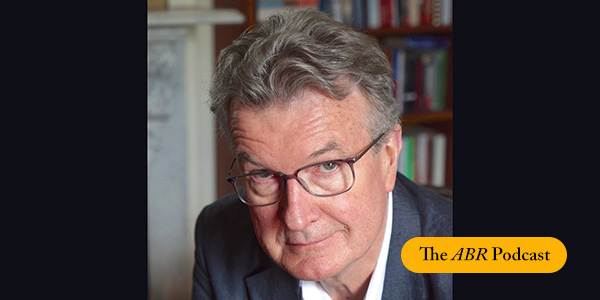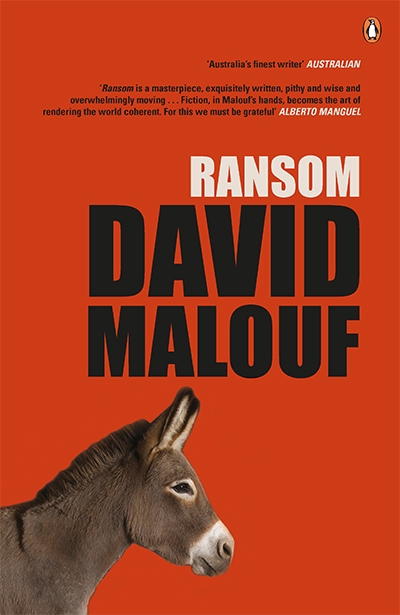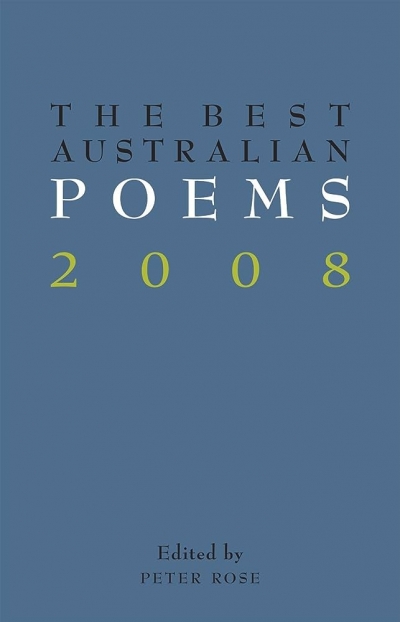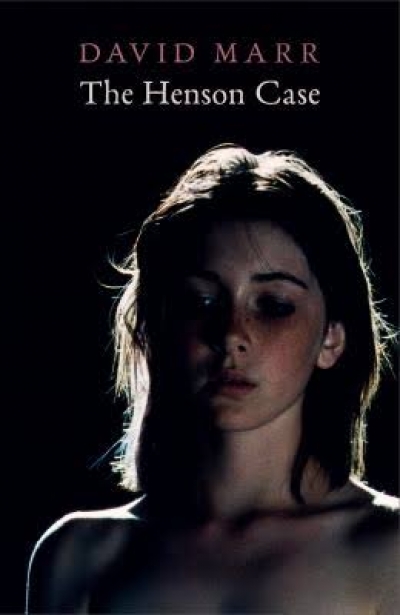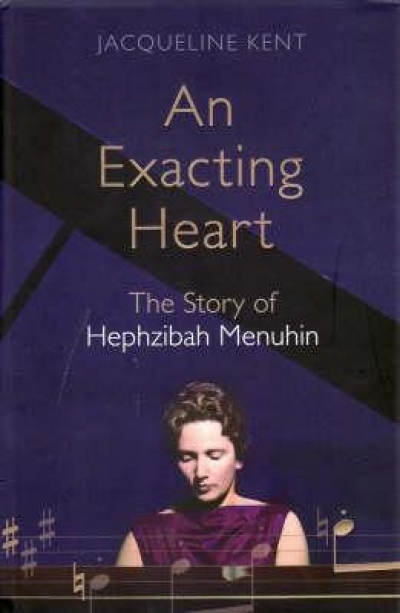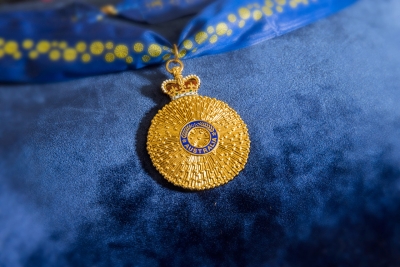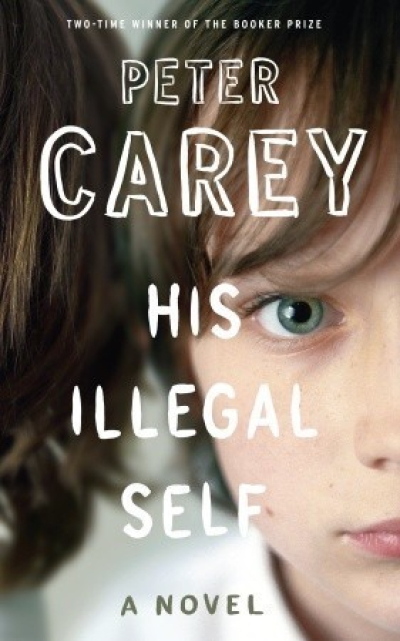Accessibility Tools
- Content scaling 100%
- Font size 100%
- Line height 100%
- Letter spacing 100%
Peter Rose
The ABR Podcast
Released every Thursday, the ABR podcast features our finest reviews, poetry, fiction, interviews, and commentary.
Subscribe via iTunes, Stitcher, Google, or Spotify, or search for ‘The ABR Podcast’ on your favourite podcast app.
Episode #184
It might be … P is for Peter, physician, patient, poet
By Michael Shmith
In this week’s ABR Podcast, Michael Shmith reviews a memoir from poet, novelist, librettist, and Adelaide GP Peter Goldsworthy. The book’s title is The Cancer Finishing School. Shmith begins by observing that doctors aren’t supposed to become incurably ill, before immediately recognising this as the useless delusion of a patient. Michael Shmith is a Melbourne-based writer and editor whose most recent book is Merlyn, a biography of the widow of Sidney Myer. Listen to Michael Shmith’s ‘It might be …: P is for Peter, physician, patient, poet’, published in the April issue of ABR.
Recent episodes:
I am in Louisiana with the dogs,
my lost generations of dogs.
How I got there, what budget tour I’m on,
whether my papers are in order,
my visa credible, is a total mystery.
Poetry in English has lost one of its paragons, Australian literature one of its finest ambassadors, and Australian Book Review a beloved friend with the death in London of Peter Porter, aged eighty-one. He died on 23 April – Shakespeare’s birthday – by which time our May issue had already gone to print.
... (read more)Saturday. The usual 9 a.m. flight.
The man beside me hefts a Gladstone.
‘I haven’t seen one of those in years,’
I say, this being sociable Saturday.
I recall a worn one from my twenties
owned by someone else. Always empty
The Best Australian Poems 2008 edited by Peter Rose & The Best Australian Poetry 2008 edited by David Brooks
An Exacting Heart: The story of Hephzibah Menuhin by Jacqueline Kent
Each year on Australia Day, newspaper readers disinter their magnifying glasses and begin to inch down the columns of this year’s national honours like proofreaders at a gala ball. And each list produces its surprises, its gratifications and its absurdities. Normally, ABR doesn’t concern itself overmuch with prizes and such. Laurels grow like grapes in this country. But the absence of creative writers this year was so marked as to warrant comment.
... (read more)
